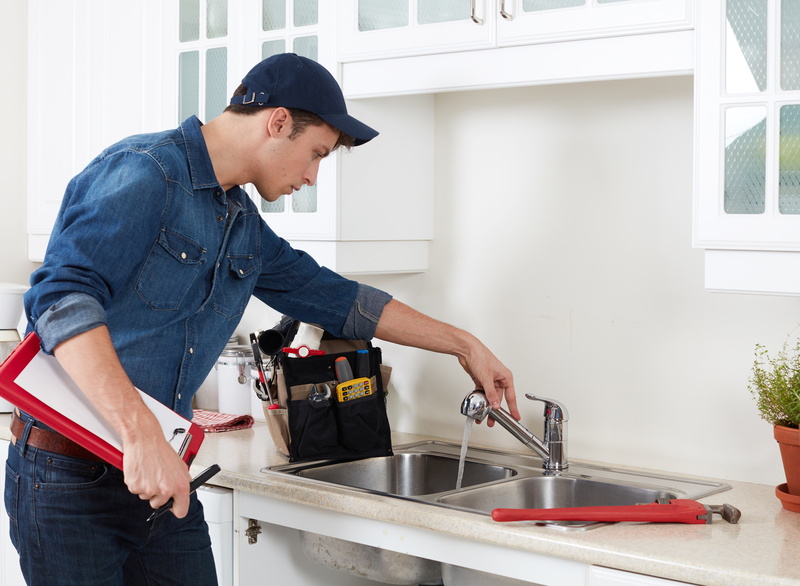 You’ve got trouble with the plumbing in your kitchen. It’s going to happen—there’s a lot of piping and appliances in this space, and it gets an enormous amount of work. But what do you do when you have a kitchen plumbing problem? Your first answer may be, “Get out the toolbox and that belt of special wrenches.” This is fine if you’re dealing with something like adjusting a loose washer in a leaky faucet. But for anything else, such as fixing a leaking drainpipe to removing a broken garbage disposal, we recommend you always call on a plumber. Not an amateur or “handyman.” No, a licensed professional plumber.
You’ve got trouble with the plumbing in your kitchen. It’s going to happen—there’s a lot of piping and appliances in this space, and it gets an enormous amount of work. But what do you do when you have a kitchen plumbing problem? Your first answer may be, “Get out the toolbox and that belt of special wrenches.” This is fine if you’re dealing with something like adjusting a loose washer in a leaky faucet. But for anything else, such as fixing a leaking drainpipe to removing a broken garbage disposal, we recommend you always call on a plumber. Not an amateur or “handyman.” No, a licensed professional plumber.
Red Rock Mechanical, LLC Blog: Posts Tagged ‘Burlington’
Why You Need a Professional for Kitchen Plumbing Repairs
Monday, April 16th, 2018
A Ductless Heating Installation: A Good February Investment
Monday, February 5th, 2018
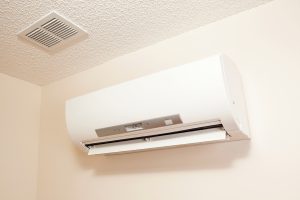 February is a strange time when it comes to HVAC work for homes. Winter is still here, but now that we’ve moved into the second half of the season, people feel less willing to make big changes to their heating systems. They’ll call for repairs if they need them (at least, they should!), but heating upgrades or new system installations won’t be a priority when warm weather is coming closer.
February is a strange time when it comes to HVAC work for homes. Winter is still here, but now that we’ve moved into the second half of the season, people feel less willing to make big changes to their heating systems. They’ll call for repairs if they need them (at least, they should!), but heating upgrades or new system installations won’t be a priority when warm weather is coming closer.
But we can recommend a few good February investments—aside from those vital repairs—for your heating in Burlington, VT and your home’s HVAC system overall. Today we’re going to focus on one of the best: installing a ductless heating system.
Mid-Winter and Your Furnace: Why You May Need Service
Monday, January 22nd, 2018
 The middle of the winter is the point when you may have concerns about the performance of your home’s furnace. It’s wise to be on the lookout for potential problems. It’s not only the coldest time of the year, but the furnace has done a half season of work and has another half ahead of it.
The middle of the winter is the point when you may have concerns about the performance of your home’s furnace. It’s wise to be on the lookout for potential problems. It’s not only the coldest time of the year, but the furnace has done a half season of work and has another half ahead of it.
There are a number of reasons why you may need to have professionals give your furnace a look and make fixes and adjustments in mid-winter. Schedule your heater service in Burlington, VT or the surrounding areas to ensure you don’t have a furnace that fails for any of the following reasons:
Is Your Electric Furnace Not Up to the Task?
Tuesday, December 26th, 2017
 There’s a good reason natural gas furnaces are common for heating in Burlington, VT: they have immense heat output that can overcome even the deepest cold days. And we have quite a few super-cold days in Vermont and New York! A gas furnace not only effectively warms up a house, it also saves money since natural gas costs less to use than electricity.
There’s a good reason natural gas furnaces are common for heating in Burlington, VT: they have immense heat output that can overcome even the deepest cold days. And we have quite a few super-cold days in Vermont and New York! A gas furnace not only effectively warms up a house, it also saves money since natural gas costs less to use than electricity.
Natural gas, however, isn’t available to all homes in our area. Some homeowners prefer not to use it even if it is available because of safety concerns. For those homes, the electric furnace is always an option—and it can be an effective option as well.
But this winter, are you finding your house is colder than normal, even when you have the furnace turned up all the way? The electric furnace may not be up to its job. Let’s find out why.
The More You Know: Boilers Rarely “Boil” Today
Monday, December 11th, 2017
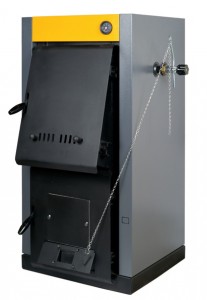 Furnaces have a long history as residential heating systems. After all, the first fireplaces were basically the original furnaces, and ever since people started to construct pipes connected to stoves to distribute heat to other parts of a building, furnaces have been the most common kind of central heating system.
Furnaces have a long history as residential heating systems. After all, the first fireplaces were basically the original furnaces, and ever since people started to construct pipes connected to stoves to distribute heat to other parts of a building, furnaces have been the most common kind of central heating system.
But the boiler has a long history as well. Boilers didn’t become prominent in homes and commercial buildings until much later than furnaces, but they’ve been common since the 19th century. Boilers offer a number of excellent advantages that have kept them around for all those decades: energy-saving performance, clean heat that doesn’t blow around dust, and a toasty warm feeling that people often prefer to the forced-air comfort that comes from a furnace.
Boilers have changed immensely since their first introduction, of course. Perhaps the biggest change of all is that most boilers today don’t actually boil anything, but instead use hydronic power.
Watch for Boiler Repair Concerns Early in the Fall
Monday, October 2nd, 2017
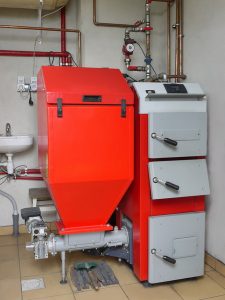 We aren’t quite at the true heating season yet—the time of the year when home heaters turn on to provide warmth. Temperatures are still hovering in the cool-to-warm region. But it’s October, which means fall is here and just over the ridge is winter. If you use a boiler system to heat up your house in winter, you want to ensure that it’s in the best shape possible before the cold weather hits. You can do this by arranging for a heating tune-up and inspection through one of our preventative maintenance comfort plans.
We aren’t quite at the true heating season yet—the time of the year when home heaters turn on to provide warmth. Temperatures are still hovering in the cool-to-warm region. But it’s October, which means fall is here and just over the ridge is winter. If you use a boiler system to heat up your house in winter, you want to ensure that it’s in the best shape possible before the cold weather hits. You can do this by arranging for a heating tune-up and inspection through one of our preventative maintenance comfort plans.
But today we want to focus on what happens once your boiler actually gets to work—especially if you end up putting it to work before it has maintenance. We urge you to avoid this situation, but it can still happen. If it does (and even if you did have routine maintenance this year) look out for some of these early indications that you need to call us for boiler repair in Burlington, VT. The sooner you have the trouble fixed, the less expensive it is likely to be and the less long-term damage it will do to the boiler.
Some Important Kitchen Plumbing Jobs
Monday, September 4th, 2017
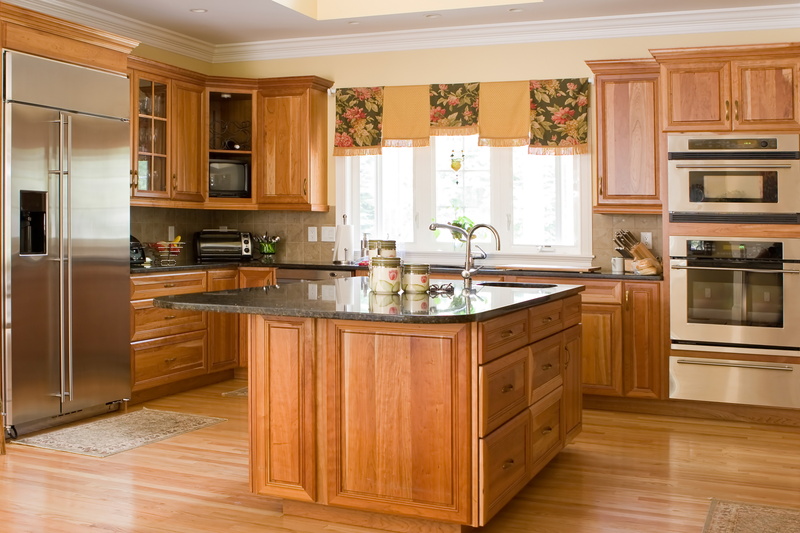 It may not seem like it, but the kitchen is not the area of your home that contains the most plumbing. That’s actually the bathrooms, which can account for more than 50% of all freshwater use in a house and contain vital fixtures compressed into a small space.
It may not seem like it, but the kitchen is not the area of your home that contains the most plumbing. That’s actually the bathrooms, which can account for more than 50% of all freshwater use in a house and contain vital fixtures compressed into a small space.
But the kitchen contains a large amount of plumbing, and many of the fixtures in it are unique to this space. Caring for the plumbing in your home requires knowledge of many different types of appliances and fixtures, whether you need to have new installations, basic repairs, extensive repiping, or regular maintenance. It takes people skilled with kitchen plumbing in Burlington, VT to get these jobs done—and that’s why you should always contact our plumbers, no matter what you need.
Below are a few important kitchen plumbing jobs you may require and which we can handle for you:
Why You Should Always Hire a Professional Plumber
Monday, August 7th, 2017
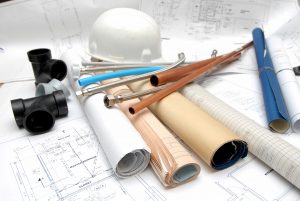 This is something we can’t repeat enough: when it comes to your home’s plumbing system, whether you need a simple fix to stop a leak or a full new appliance installation, always hire a professional plumber from the start. We understand it’s tempting to try to tackle some jobs on your own—after all, you did get that great set of wrenches as a birthday present last year. Or you may want to save some money by going with a local “handyman” or some other non-professional who says something like, “Hey, I can fix that for you totally cheap!”
This is something we can’t repeat enough: when it comes to your home’s plumbing system, whether you need a simple fix to stop a leak or a full new appliance installation, always hire a professional plumber from the start. We understand it’s tempting to try to tackle some jobs on your own—after all, you did get that great set of wrenches as a birthday present last year. Or you may want to save some money by going with a local “handyman” or some other non-professional who says something like, “Hey, I can fix that for you totally cheap!”
Don’t be fooled! Proper plumbing work requires the best in training, experience, and equipment. Amateur work will not only be time-consuming, it can lead to water leaks, backed-up drains, and damage to your house.
The Advantages of a Zone Control System
Tuesday, July 25th, 2017
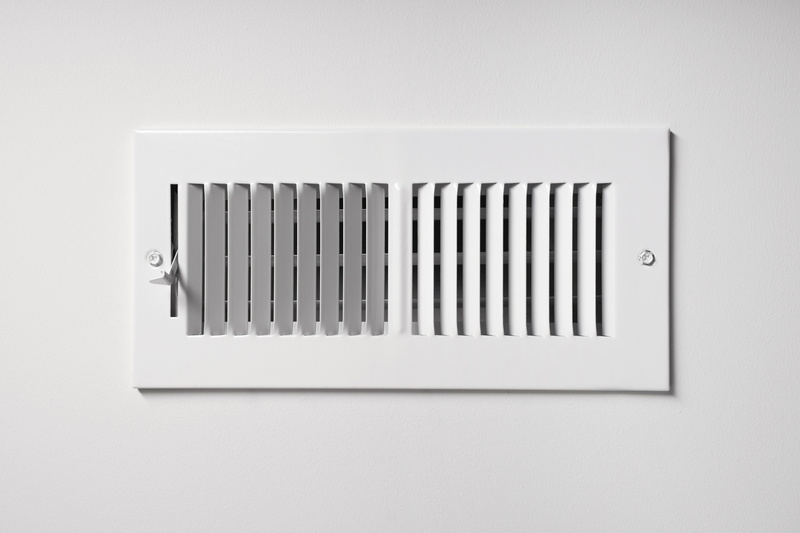 Central heating and air conditioning is one of the greatest inventions in the modern home (maybe not at the level of indoor plumbing, but we’re not here to debate old sayings). One comfort system can distribute cooled and heated air to rooms throughout a house.
Central heating and air conditioning is one of the greatest inventions in the modern home (maybe not at the level of indoor plumbing, but we’re not here to debate old sayings). One comfort system can distribute cooled and heated air to rooms throughout a house.
But there’s a flaw in the standard way a central HVAC system is designed, which is that it’s an “all-or-nothing” proposition. On a hot day, when the air conditioner turns on, cooled air goes to every room. That sounds great at first—until you realize that some of these rooms aren’t occupied. This is an expenditure of energy the home doesn’t need.
And, thanks to the creation of zone control systems, it’s an unnecessary expenditure of energy. Zone control allows for better manipulation of how cooled and heated air is distributed around a house.
Why Won’t My Toilet Stop Running?
Monday, June 26th, 2017
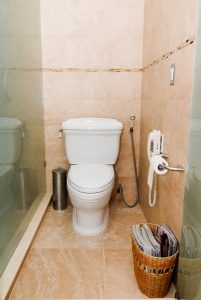 We’ve written posts before about toilet plumbing emergencies, such as when a toilet overflows. Toilet plumbing is a major part of the job of any professional plumbers, and we’re ready to help no matter what repairs you may need for your toilet, including installing a new one. (This is something we recommend if your toilet is more than 20 years old. Just the savings you’ll enjoy from the lower water use will make it worth it.)
We’ve written posts before about toilet plumbing emergencies, such as when a toilet overflows. Toilet plumbing is a major part of the job of any professional plumbers, and we’re ready to help no matter what repairs you may need for your toilet, including installing a new one. (This is something we recommend if your toilet is more than 20 years old. Just the savings you’ll enjoy from the lower water use will make it worth it.)
We’re going to look at another toilet plumbing problem that may not seem like it’s an emergency—but it’s still something you’ll need to have fixed as soon as you can or else it will create a massive amount of water waste.







